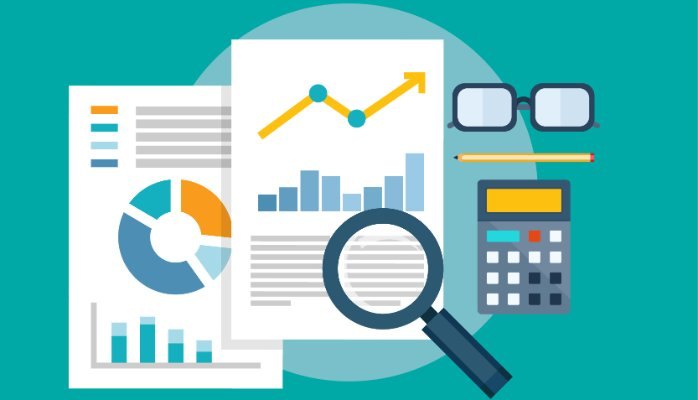Nigeria attracted more Foreign Direct Investment (FDI) and Foreign Portfolio Investment (FPI) in the third quarter of 2020 for the first time since Q4 2016.
According to data from the National Bureau of Statistics, Nigeria attracted $414.79 million foreign direct investment in the 3rd quarter of the year, compared to $407.2 million in foreign portfolio investment. This represents a 179% and 100% jump quarter on quarter and year on year respectively for FDI into the country.
READ: Pension contributions from Nigerians under 30 dwindling at an alarming rate
This marks the first time Nigeria has attracted more FDI than FPI since the 4th quarter of 2016. Nigeria was in a recession in the 4th quarter of 2016 and is currently in a recession in 2020.
READ: Nigeria received $5.36 billion capital inflows in Q3 2019, as major sectors witness decline
FPI Slide
- The downward slides in FPI began in the second quarter of 2020 as the economy shut-down due to the Covid-19 pandemic.
- FPI also called hot money is often channelled to the stock and money market respectively and is the first to exit the economy whenever there is an impending economic crunch.
- Since the lockdowns and the crash in oil prices, Nigeria has attracted fewer foreign portfolio investments – going from $4.3 billion in the first quarter to $385 million and $407 million in the second and third quarter of 2020 respectively.
- Whilst the equities market has recovered to be one of the best performers this year, the recovery is largely due to a reinvigorated domestic market driven by lower interest rates in the fixed income market.
- Foreign investors have also avoided the fixed income market due to lower interest rates on government securities.
READ: Jitters as Nigerian banks brace up for more loan provisioning
READ: Nigerian economy slips into recession as GDP contracts by 3.62% in Q3 2020
Why this matters: The Nigerian economy has traditionally attracted more FPI than FDI since the NBS started collating data in 2013 and attracted $4.3 billion in the first quarter of 2020.
- A higher FPI compared to FDI in the third quarter indicates foreign investors into Nigeria’s equities and fixed income market remain in abeyance until the economy recovers from the recession.
- Nigeria like most frontier economies globally needs more FDI compared to FPI to keep their balance of payment stable.
- Whilst the NBS does not breakdown the FPI per sector, a lot of direct investments have occurred in the financial services space in recent weeks.














